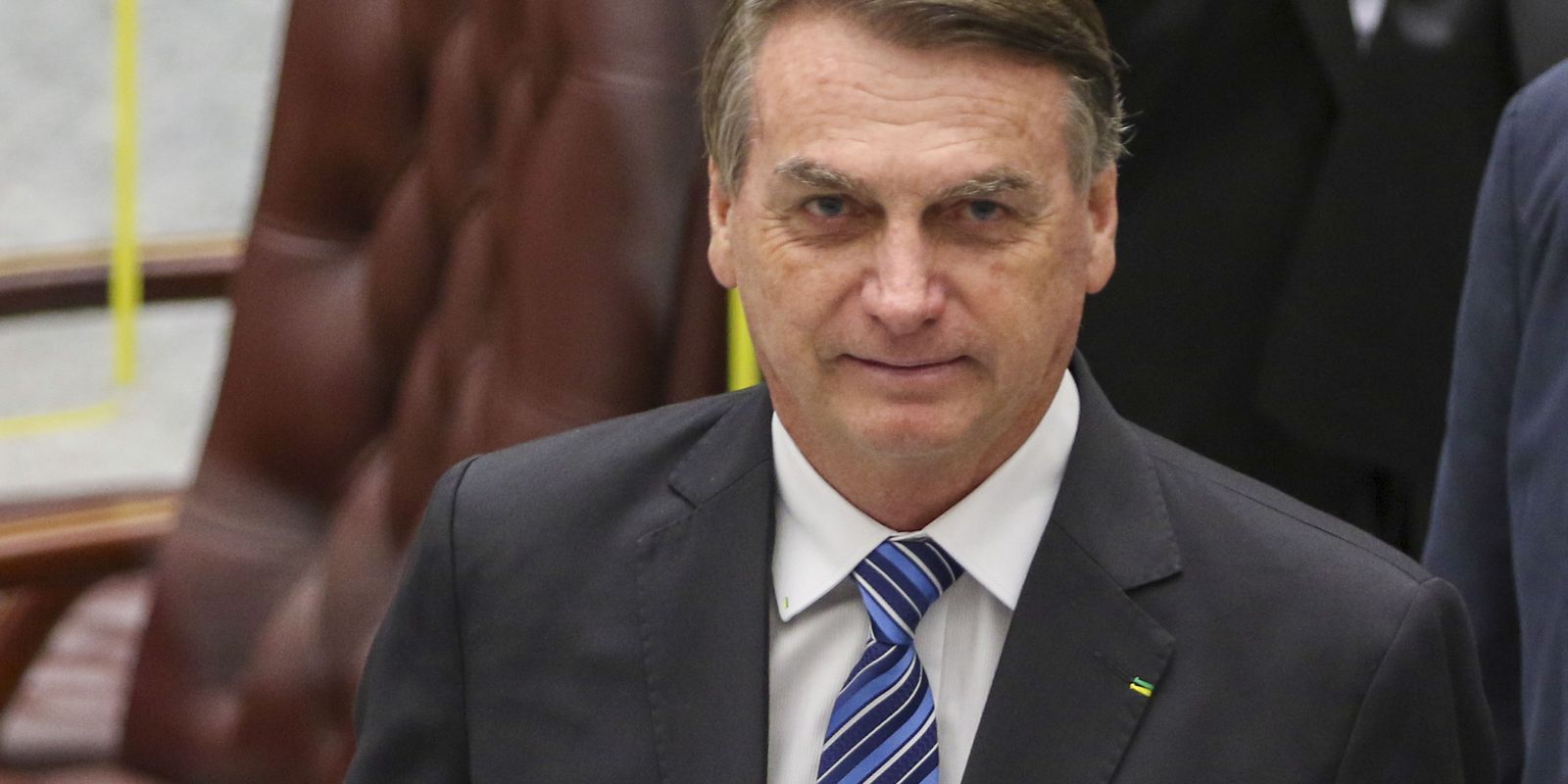President Jair Bolsonaro benefited, in the Christmas pardon granted in 2022, military personnel from the Armed Forces and agents of the Single Public Security System (Susp). The measure is valid for some specific cases, as detailed by the Decree No. 11.302/22published in today’s Official Gazette (23).
The decree also benefits convicts who have been affected by paraplegia, quadriplegia or blindness, after the commission of the crime or resulting from it; by permanent serious illness, which, simultaneously, imposes severe limitation of activity and requires continuous care that cannot be provided in the penal establishment; or due to a serious illness, such as a malignant neoplasm or acquired immune deficiency syndrome (AIDS), in the terminal stage.
In all these situations, it is necessary to prove it by means of an official medical report, or, failing that, by a doctor appointed by the enforcement court.
In the case of Susp public agents, the measure applies to those who, by December 25, 2022 – whether in the exercise of their function or as a result of it – have been convicted of a crime in the event of culpable excess; for a culpable crime, provided that they have served at least one-sixth of the sentence; and for cases in which the agent has been convicted of “an act committed, even if outside duty, due to risk arising from his/her functional condition or due to his/her duty to act”.
A Christmas pardon will also be granted to public agents of security agencies who, in the exercise of their function or as a result of it, have been convicted, even if provisionally, for an act committed more than 30 years ago, provided that, at the time of its commission, not considered a heinous crime.
In the case of the Christmas pardon granted to members of the Armed Forces, it may be applied in situations where the criminal practice has been committed during Law and Order Guarantee operations, resulting in conviction for a crime in the event of culpable excess, as described in Military Penal Code.
The decree also grants Christmas pardon to people over 70 years old, sentenced to deprivation of liberty, who have served at least one third of the sentence.
Also according to the document, the pardon does not cover crimes considered heinous (or equivalent to them), nor those committed through serious threat or violence against the person.
The measure will not be applied in cases established by law, related to crimes of torture; laundering or concealment of assets, rights and values; domestic and family violence against women; criminal organization; terrorism; or members of criminal factions.
It will also not be granted in cases involving sexual violation through fraud; sexual harassment; seduction; vulnerable rape; corruption of minors; satisfaction of lust in the presence of a child or adolescent; favoring prostitution or any other form of sexual exploitation of children, adolescents or vulnerable people; disclosure of rape, sex or pornography; embezzlement; concussion; or corruption (active or passive).
Finally, the decree clarifies that the Christmas pardon does not extend to penalties that restrict rights; to fines; or to persons benefited by the conditional suspension of the process.















